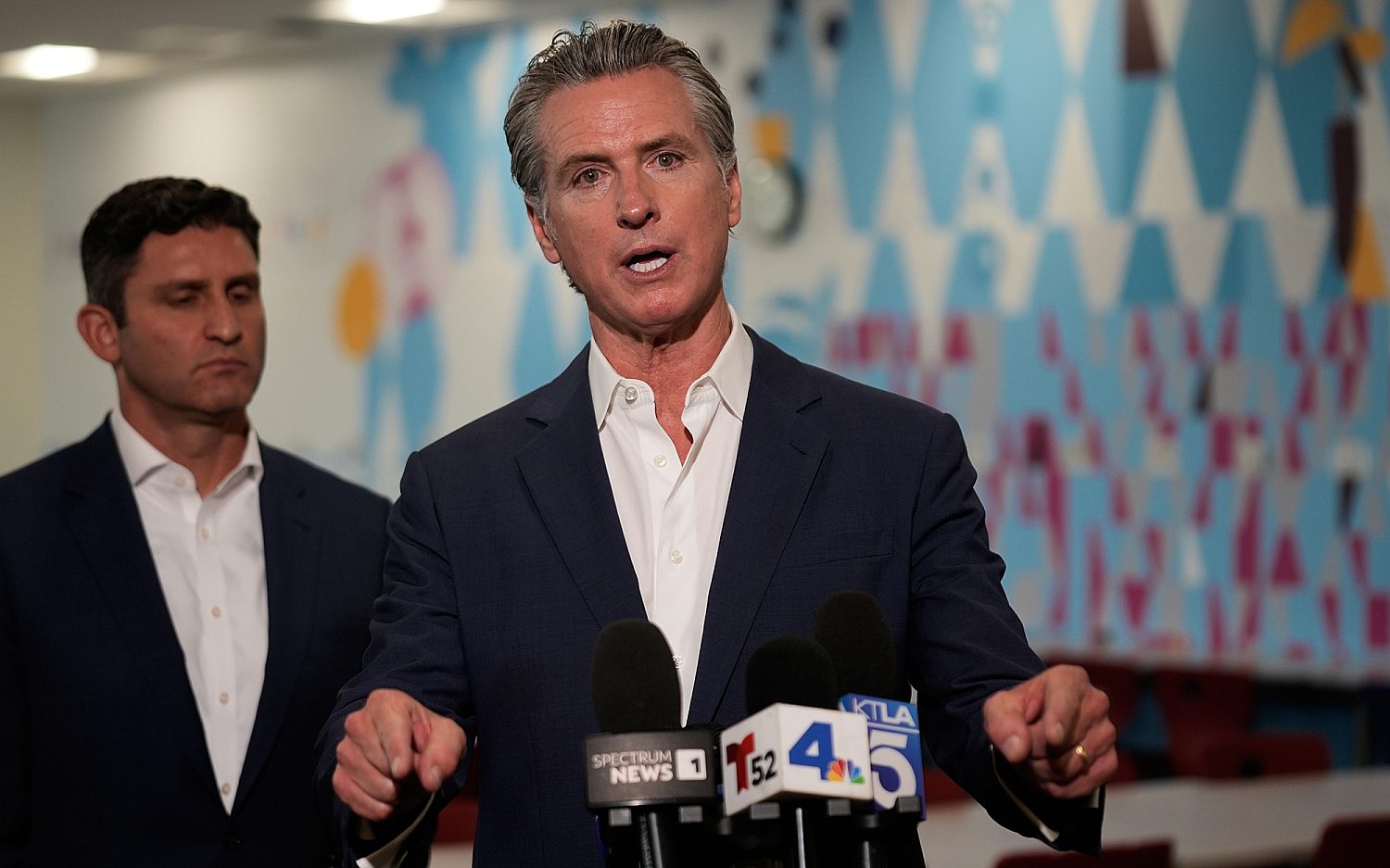Scalia's songs and dissents
Amherst’s Hadley Arkes recalls his friendship with Justice Antonin Scalia and why the last year on the court was his hardest
Hadley Arkes—a Jewish Catholic, prominent pro-lifer, and political science professor at Amherst College—first met Antonin Scalia back in 1977, when Scalia agreed to comment on a seminar paper of Arkes’. But they didn’t strike up a real friendship until 1998 when the Supreme Court justice contacted Arkes about his daughter Margaret going to Amherst.
“What is this place that’s tolerated you for 30 years?” Arkes recalled Scalia saying. “It cannot be all that bad.”
Their families began spending more and more time together, a “rollicking group,” Arkes said. Their circle included people like Justice Samuel Alito and his wife Martha-Ann, Catholic thinker Michael Novak, and Judge Robert Bork (a Reagan nominee to the Supreme Court whom the Senate rejected). They could argue over dinner—Scalia and Arkes disagreed over the role of natural law in constitutional jurisprudence—but then they would often gather around a piano and sing Broadway songs.
“Nino and I would argue but we agreed on so many things: the follies of people in politics, the crazy arguments being made in the law,” Arkes said. “There were no moral relativists in this circle. The women in this circle of ours—Martha Alito, Judy Arkes, Maureen Scalia—they were the toughest.”
He remembered that when Scalia was working on the American flag–burning case—in which Scalia’s vote turned out to be decisive in favor of protecting flag burning as a matter of free speech—that Maureen whistled “Semper Fidelis,” the Marine Corps march song, when he came to breakfast.
The Rev. Paul Scalia, one of the Scalias’ children, said in his homily for his father at Saturday’s funeral Mass that his mother is “a woman who could match [his dad] at every step and even hold him accountable.”
Arkes did not join the Catholic Church until 2010. But he said his Catholic friendships played a role in his conversion: “Seeing what people were like when they lived a Catholic life.”
In late 2014, Arkes lost his wife Judy suddenly. He recalled, in a recent article in First Things, that Antonin and Maureen Scalia joined him at the Mass for Judy. Arkes was sitting on the front row where there was no kneeler, and when he knelt on the floor, Scalia slipped a cushion under Arkes’ knees.
On the court, Scalia wasn’t expecting to write as many dissents as he did, given that the majority of the justices over his tenure were Republican appointees. But Justices Anthony Kennedy, Sandra Day O’Connor, and David Souter—all Republican appointees—drifted left.
“Writing dissents of incredulity … a life spent that way is not exactly appealing,” Arkes said. “It’s a matter of giving over the courts to people who are drawing from the hothouse of the academy.”
Arkes said he’s hopeful that Republicans have learned from their mistakes, and the next Republican president will be “more likely to get the Alitos than the Sandra [Day] O’Connors.” But Arkes made a caveat for Republican presidential candidate Donald Trump, who, he said, “could get his appointments from a Ouija board.”
The last year on the court was particularly difficult for Scalia, according to Arkes, following the Obergefell v. Hodges decision legalizing same-sex marriage. Scalia’s dissent in that case was one of his most biting—he felt that the Supreme Court was usurping the role of the legislature. He called the ruling a “threat to American democracy.”
This article has been edited since its initial posting.
An actual newsletter worth subscribing to instead of just a collection of links. —Adam
Sign up to receive The Sift email newsletter each weekday morning for the latest headlines from WORLD’s breaking news team.





Please wait while we load the latest comments...
Comments
Please register, subscribe, or log in to comment on this article.